7 clever ways to reduce noise in your home
Here are some tips and tricks to reduce noise in your home — without moving out!

The home is meant to be our safe sanctuary — our comfortable space to enjoy and relax after a long day. So when our peace and quiet keeps getting disturbed by intrusive noise, this can quickly become a daily annoyance.
Whether you live on a busy road with heavy traffic, near a sports stadium or next door to loud neighbors, constant noise can also have an impact on our mental health and well-being. This is especially a nuisance if you’re working from home, and can’t be as productive as you’d like to be.
But with lightweight home construction, open-plan apartments, and even noisy appliances, it isn’t any wonder why today’s houses and apartments are noisier than ever.
Luckily, there are some clever ways to reduce the noise in your home, without spending a fortune on soundproofing — or moving house! These simple yet effective tips will help to absorb and minimize external noise, and also improve home insulation. Best of all, it will give you that peace of mind that you need to enjoy your living spaces.
So, before you consider relocating, try one of these 7 clever ways to reduce noise in your home.
1. Soundproof with your furnishings
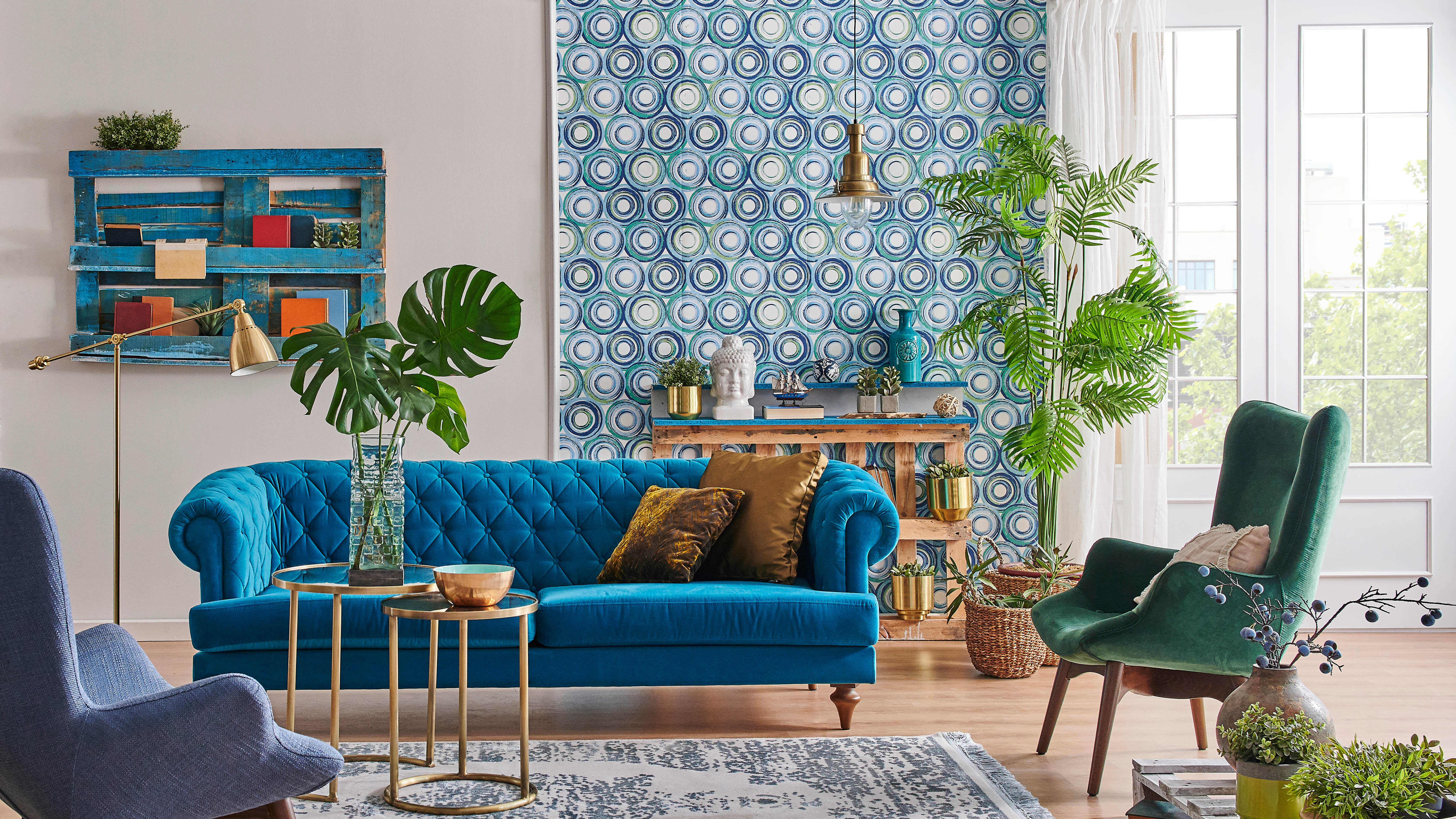
A popular hack for reducing noise is to ‘soften’ the surfaces in the room. Typically, sound bounces off and through hard, flat objects such as hardwood floor, glass and tile. Which is why common household sounds like footsteps, large appliances or even voices seem more amplified.
Placing thick carpets or rugs on hardwood floors can help to block out some noise, and also prevents furniture from making much noise when it's moved around. Plush furniture like an upholstered sofa, bench or even plump cushions can also work well to ‘soften’ an area. There are plenty of rug designs and sizes available to suit your space, just be sure to clean it with care to keep it looking brand new.
Sign up to get the BEST of Tom's Guide direct to your inbox.
Get instant access to breaking news, the hottest reviews, great deals and helpful tips.
In addition, you can rearrange your furniture to help block out noise from neighbors. Simply arrange your larger pieces of furniture such as a large bookcase, against a shared wall. This will help to reduce some of the noise that travels through.
2. Add sound reducing curtains
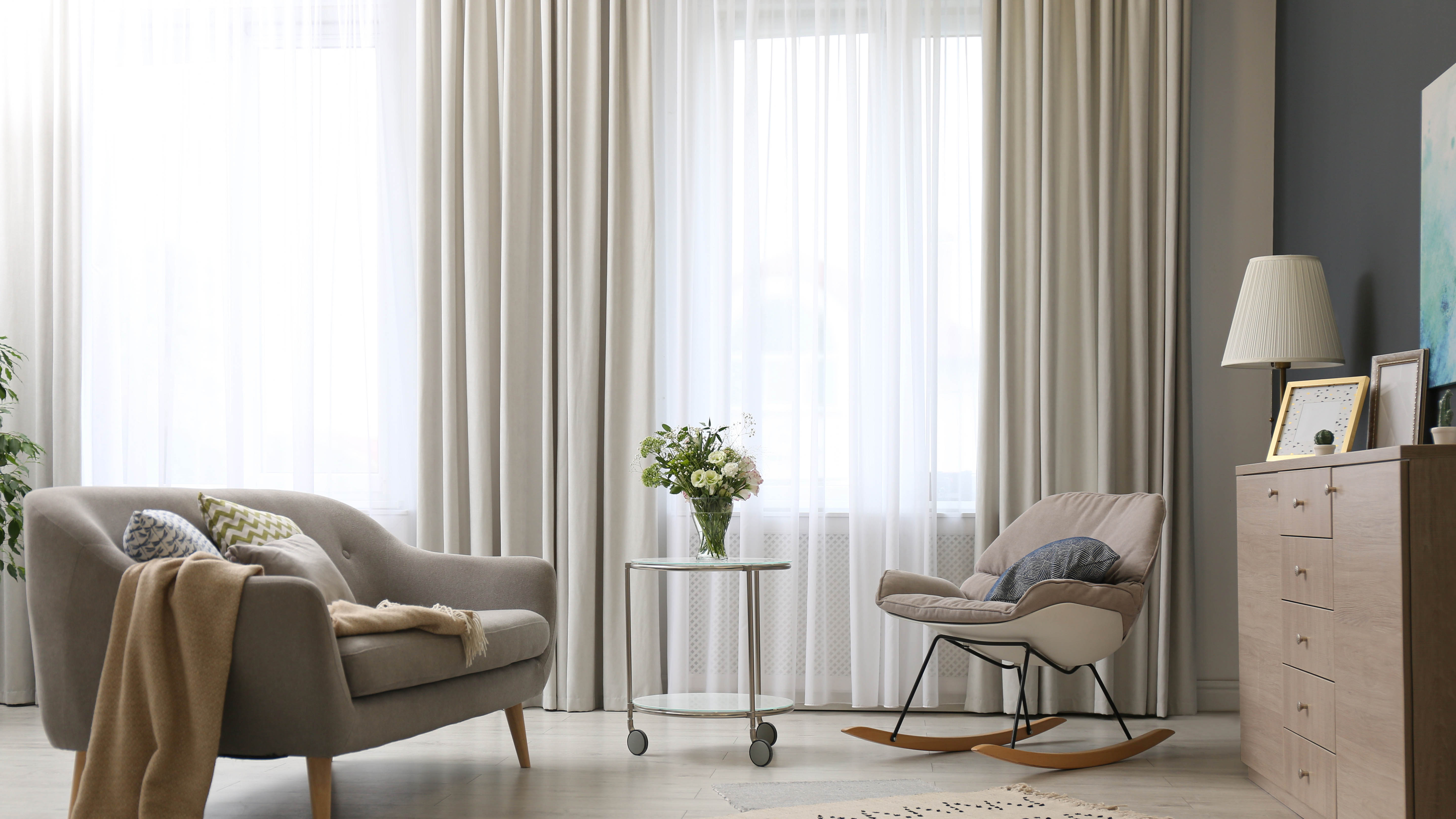
Similarly, heavy drapes can help to reduce noise levels from the street, aswell as insulate your room in the winter. Swapping out your regular window treatments for a heavier material such as velvet, that covers the wall below, can work well to absorb an amount of noise.
What’s more, consider opting for pleated styles, as the layers can also double the noise reduction, in comparison to flat curtain styles.
However, if you’re considering blinds, check out Blinds vs curtains: which is better, to help you decide.
3. Wall hangings
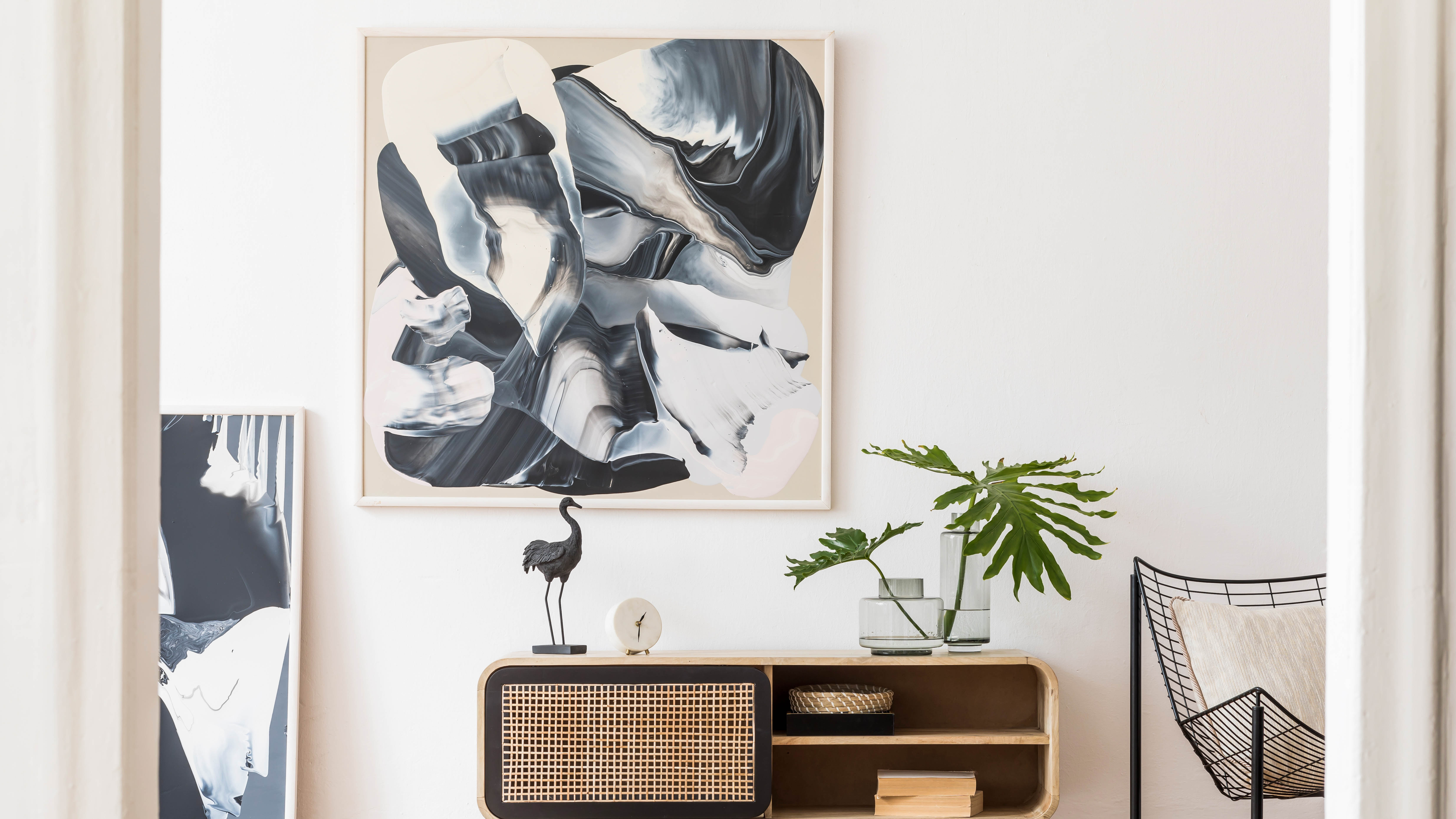
We often think of wall hangings to add color and decorate a blank wall. But wall hangings are also a great way to dampen sound coming from outside or from neighbors. The thick material of the wall hanging can absorb some of the noise, and can make an eye-catching feature like this Large Macrame Wall Hanging ($45, Amazon).
Another clever hack is to add a layer of foam at the back of existing artwork. Again, this should help to dampen some sound travelling through walls.
4. Seal up gaps
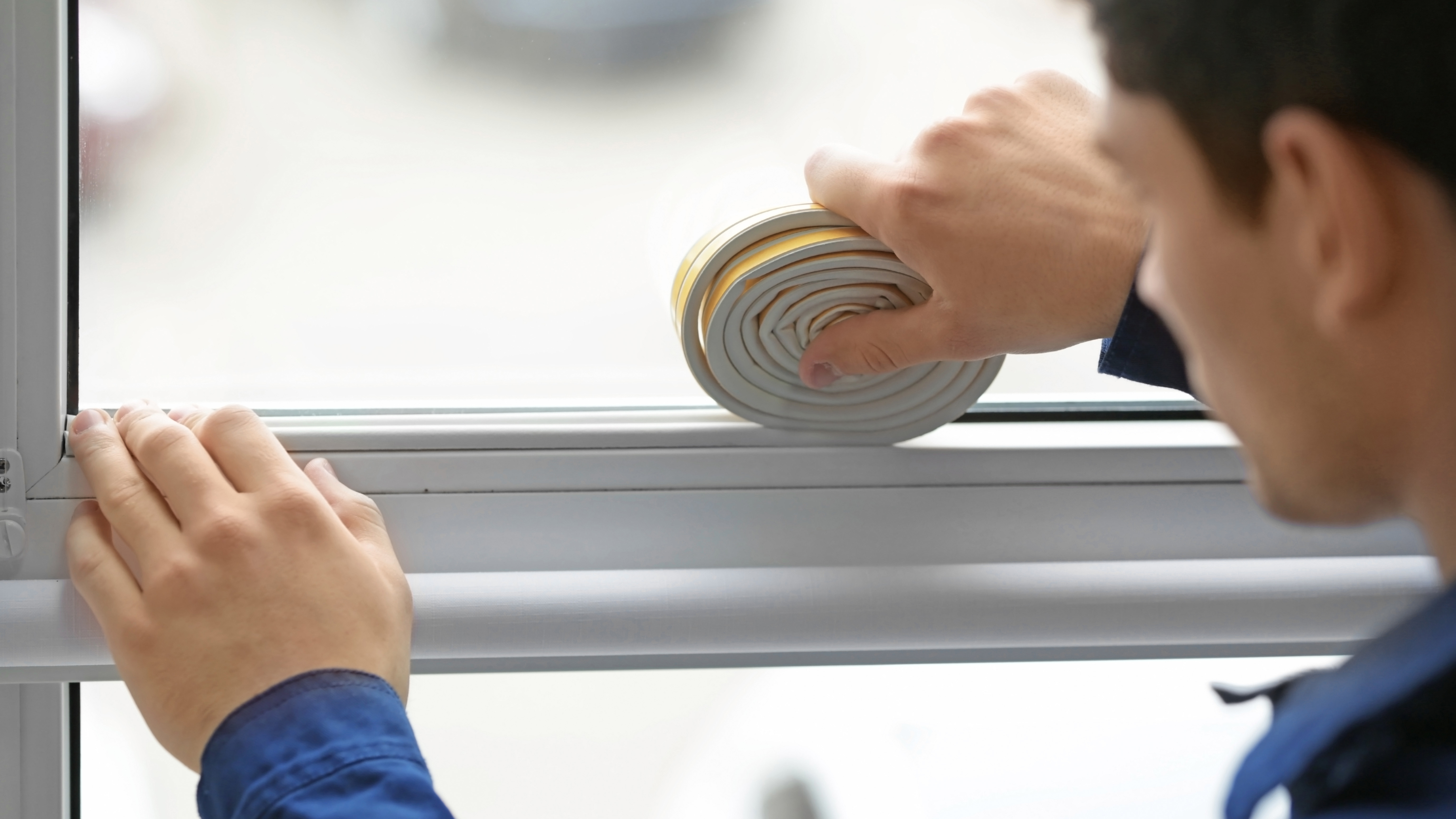
Noise can enter the room through gaps around doors and windows. Another top tip is to seal gaps under and around doors and window frames to get rid of unwanted noise.
In addition to sealing gaps, also check your wall outlets and around baseboards for obvious holes, or cracks that will need sealing. Sealing any small holes with caulk or weather-stripping such as Foam Insulation Tape, Weather Stripping Door Seal Strip ($13, Amazon), as a barrier.
This is another inexpensive way to help to reduce noise, as well as keeping a room insulated and preventing any cold air from coming in. So it’s a win-win!
5. Invest in earplugs

This might seem cliche, but you can invest in earplugs designed for noise sensitivity. Nowadays, there are various types to suit your ears, that will stay comfortable for daily use. And while these won’t completely block out noise disturbance, a moderate noise reduction earplug can significantly reduce the environmental volume.
Earplugs such as Loop Quiet Solstice Ear Plugs ($24, Amazon), claim to muffle voices and block background noise. Earplugs are also great for sleeping peacefully, or when you want to work more productively.
Additionally, you could try a pair of the best noise-cancelling headphones to help neutralise surrounding sounds. And while these are often used for commuting and travel, there’s nothing wrong with using them indoors, if you need that moment of silence.
6. Play white noise
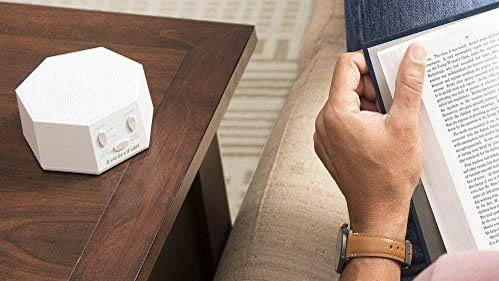
Another clever tip to reduce noise pollution is to play white noise. White noise can help people sleep or work by blocking out outside sounds and masking disruptive sounds.
"White noise can mask other sounds that might disrupt sleep, such as traffic, snoring, or a neighbor's TV," says Dr Meeta Singh, MD, a board-certified physician and psychiatrist specializing in sleep science. "By creating a consistent, low-level sound, white noise can make other sounds less noticeable, helping you sleep more soundly."
There are several white noise sound machines available to buy, such as LectroFan High Fidelity White Noise Machine ($31, Amazon), which is ideal for your home office or living spaces. In addition, white noise can greatly improve your sleep quality, if you have trouble sleeping at night.
7. Reduce noise in the backyard
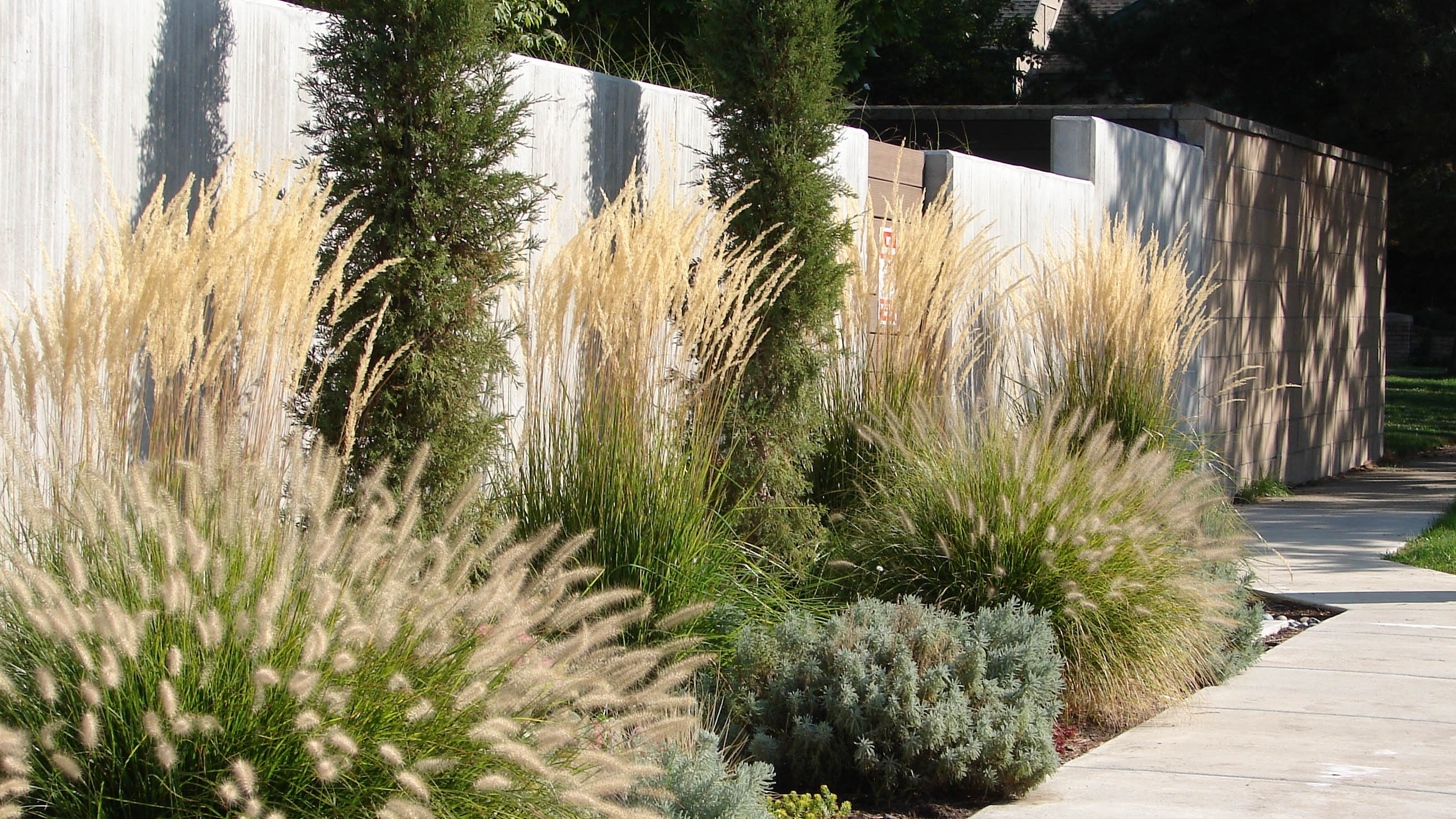
If you have a backyard, outside noise can also travel through your garden into the home. However, you can reduce your backyard noise before it enters your building by planting thick bushes, evergreen trees or shrubs such as boxwood, to absorb things like road or background noise.
The best option is to arrange plants in clustered layers towards your home, creating a thick barrier. Similarly, a thick hedge between a road and your property can also absorb some of the noise. Large plants and shrubs are also great for adding backyard privacy.
In addition, brick walls are also effective at absorbing sound. Although these can be more costly than having tall plants, which will also make your backyard look visually stunning!
More from Tom's Guide

As the Homes Content Editor, Cynthia Lawrence covers all things homes, interior decorating, and garden-related. She has a wealth of editorial experience testing the latest, ‘must-have’ home appliances, writing buying guides and the handy ‘how to’ features.
Her work has been published in various titles including, T3, Top Ten Reviews, Ideal Home, Real Homes, Livingetc. and House Beautiful, amongst many.
With a rather unhealthy obsession for all things homes and interiors, she also has an interior design blog for style inspiration and savvy storage solutions (get rid of that clutter!). When she’s not testing cool products, she’ll be searching online for more decor ideas to spruce up her family home or looking for a great bargain!
